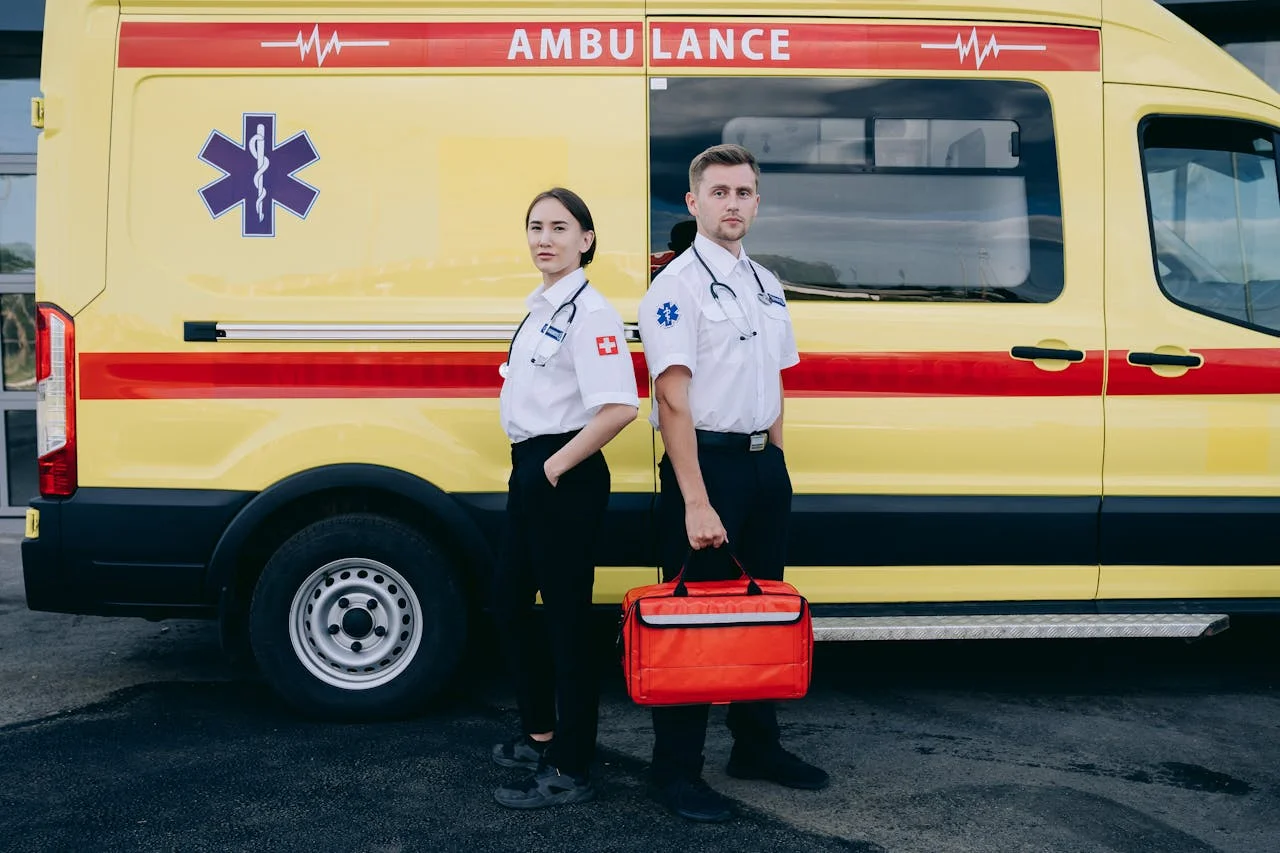
We, the member countries of the Group of Friends of the WHO Academy, reaffirm our steadfast commitment to supporting the WHO Academy as a vital mechanism for enhancing the skills and competencies of human resources for health. This initiative is pivotal in achieving universal health coverage (UHC) and expanding global access to quality health services.
Commitment to the WHO Academy
Our collective goal is to promote the WHO Academy across relevant international platforms and organizations such as the G20, OECD, and United Nations agencies. Through joint statements and advocacy, we aim to amplify the global call for increased investment in the health and care workforce.
We encourage various stakeholders, including governments, international organizations, and private entities, to extend their support to the Academy. This collaboration can take several forms, such as:
- Funding: Providing financial resources to sustain and scale the Academy’s initiatives.
- Staff Secondment: Deploying skilled professionals to contribute expertise.
- Political Support: Advocating for the Academy’s integration into the global health framework.
- Strategic Cooperation: Partnering to align efforts with regional and national priorities.
- Guidance and Coordination: Helping the Academy achieve its goals effectively.
This collective support will enable the WHO Academy to fulfill its mission of strengthening global health systems and addressing pressing challenges within the health sector.
A Resource for Global Healthcare Professionals
We urge healthcare professionals worldwide to leverage the WHO Academy’s extensive resources, which include up-to-date medical knowledge, evidence-based guidelines, and innovative tools. These resources are designed to address both current health challenges, such as pandemic preparedness, and future needs, ensuring a well-equipped workforce capable of delivering high-quality care.
Foundations of Our Commitment
Our dedication to the WHO Academy stems from key observations and convictions:
- COVID-19’s Revelations:
The pandemic starkly exposed the vulnerabilities within global health systems and emphasized the urgent need for resilient healthcare infrastructures supported by well-trained workforces. - The Importance of Collaboration:
Cross-sectoral collaboration is essential for the initial and continuous training of health workers. Disseminating reliable, evidence-based public health knowledge is crucial for addressing health crises efficiently and effectively. - Global Workforce Shortages:
A projected global shortage of over 10 million health workers by 2030 highlights the critical need to both expand and upskill the existing health workforce. Strengthening competencies is vital for achieving universal health coverage, as envisioned in the Sustainable Development Goals (SDGs). - High-Level Endorsements:
The United Nations General Assembly’s High-Level Meeting on Universal Health Coverage in September 2023 underscored the importance of training and upskilling healthcare professionals to meet global health challenges.
Vision for the Future
Guided by these principles, we renew our unwavering support for the WHO Academy as a cornerstone of global health progress. The Academy’s work is essential to building a future where everyone, regardless of location or circumstance, has access to quality healthcare services.
By investing in the Academy, we are investing in resilient health systems, capable of withstanding crises and delivering equitable care. Moreover, we recognize the Academy’s potential to strengthen WHO’s capacity in addressing global health priorities, fostering collaboration, and driving innovation.
Members Supporting the WHO Academy
The Group of Friends of the WHO Academy comprises a diverse coalition of nations and international organizations committed to this shared vision. Member countries include:
Belgium, Benin, Canada, Central African Republic (CAR), Chad, Chile, Congo Brazzaville, Croatia, Denmark, Dominican Republic, Egypt, Ethiopia, France, Germany, Haiti, Indonesia, Ivory Coast, Japan, Kenya, Lebanon, Luxembourg, Norway, Qatar, Rwanda, Republic of Korea, South Africa, Spain, Thailand, Tunisia, and the United Kingdom.
Additionally, international organizations such as the Commonwealth and the International Organization of La Francophonie (OIF) are integral members of this coalition.





